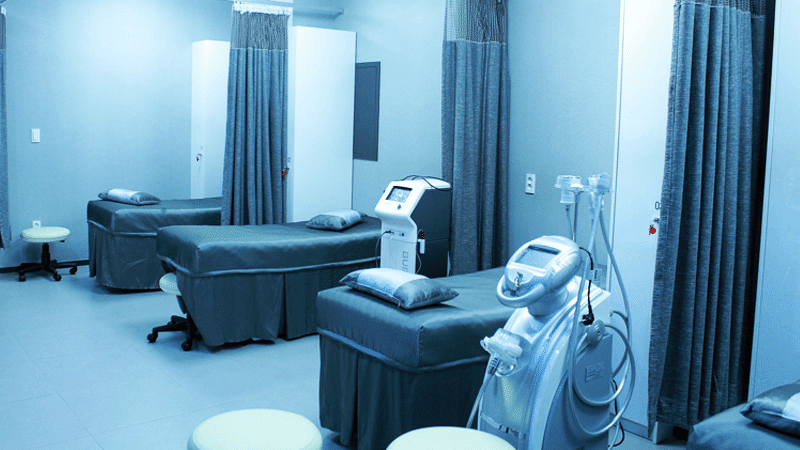A disabled activist has spoken out against any future legalisation of assisted suicide – saying it would send a message that disabled people are a “burden”.
Jamie Hale made the comments in an article for The Guardian in response to the legal case involving Noel Conway, who is seeking to make assisted suicide legal.
A Bill to legalise assisted suicide was soundly defeated in the House of Commons in 2015. Following a lengthy debate, MPs voted 330 to 118 against Rob Marris’ Private Members’ Bill.
‘Burden’
Hale wrote: “When legislating to allow assisted suicide, it is impossible to implement effective safeguards that limit it to people at the end of their lives who are not experiencing mental illness or undue pressure.
“Feeling like a burden is one of the greatest risk factors for suicide: disabled and terminally ill people like me are constantly told that we are a financial, emotional and practical burden on society, with the strong implication that we would be better off not being a burden.”
Hale also pointed out that “the medical profession is notoriously bad at predicting how long people have to live”, and said “there is no way of being certain that someone accessing assisted suicide isn’t suffering from depression or experiencing external pressure”.
“Assisted suicide would turn these predictions and judgments into a matter of life and death – and even one unnecessarily early death resulting from a change in the law would be one too many.”
No safeguards
He also noted that in countries where assisted suicide has been legalised, it quickly becomes “difficult to justify offering it only to those with less than six months to live”.
Hale highlighted Belgium and the Netherlands where “assisted suicide has been legalised for people suffering from mental illness alone, and safeguards have been repeatedly ignored”.
He concluded: “In a world where disabled people received truly equal treatment, assisted suicide wouldn’t be an option. Instead, we would find people who had professional, well-paid assistance that allowed them to live independently, work where possible, and have access to the best treatments for their conditions.
“Assisted suicide might be cheaper and easier, but the necessary social and medical care to experience a dignified decline and a painless, comfortable death would be infinitely more valuable than the unnecessary shortening of peoples lives.”


